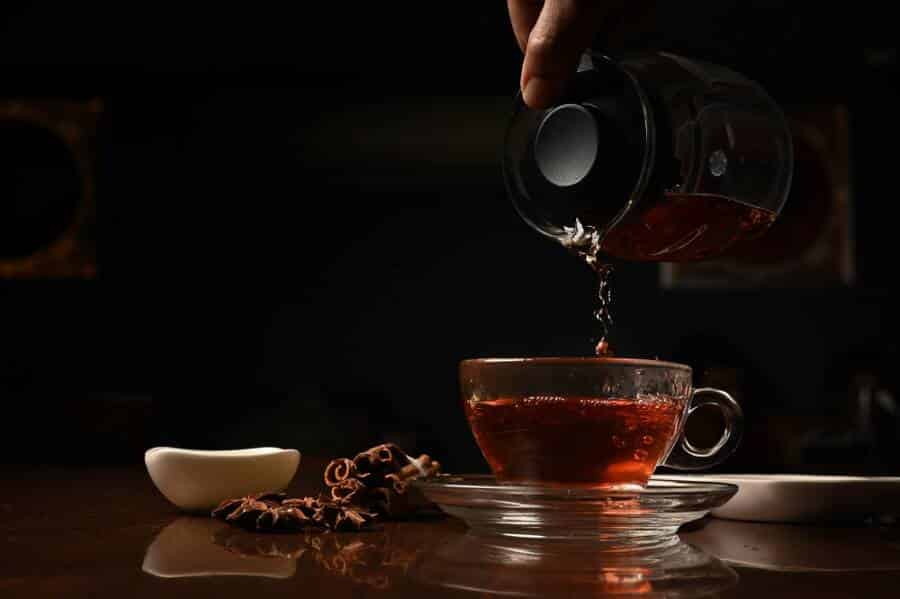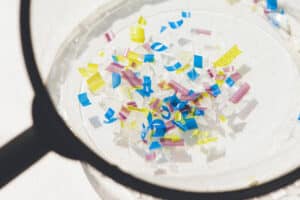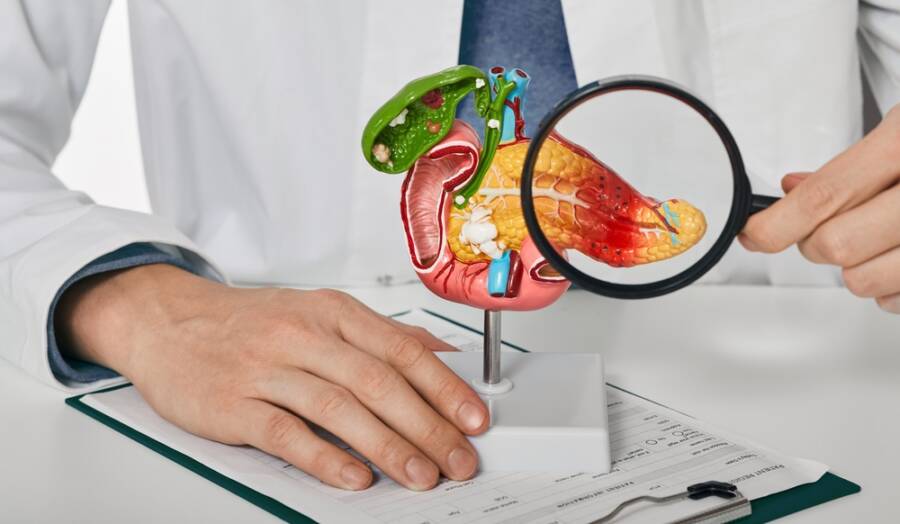Experts agree… here’s what you should NEVER Eat After 50:
Turning 50 is a significant milestone that can bring on major changes in your health and overall well-being. By the time we reach this period, our diet might feel like the habit of a lifetime! But the good news is that there’s always time to transform your diet and live healthier.
Even though for some folks, this can spark a new commitment to healthy living, for many others, it can mean that staying in good shape is more demanding than ever before. That’s why it’s such a critical time to prioritize your well-being… and this starts with what you’re eating.
If you want to maintain your health in your golden years, here are 7 things you should NEVER eat after 50. You might even find yourself trying new foods and embracing cooking as a hobby!
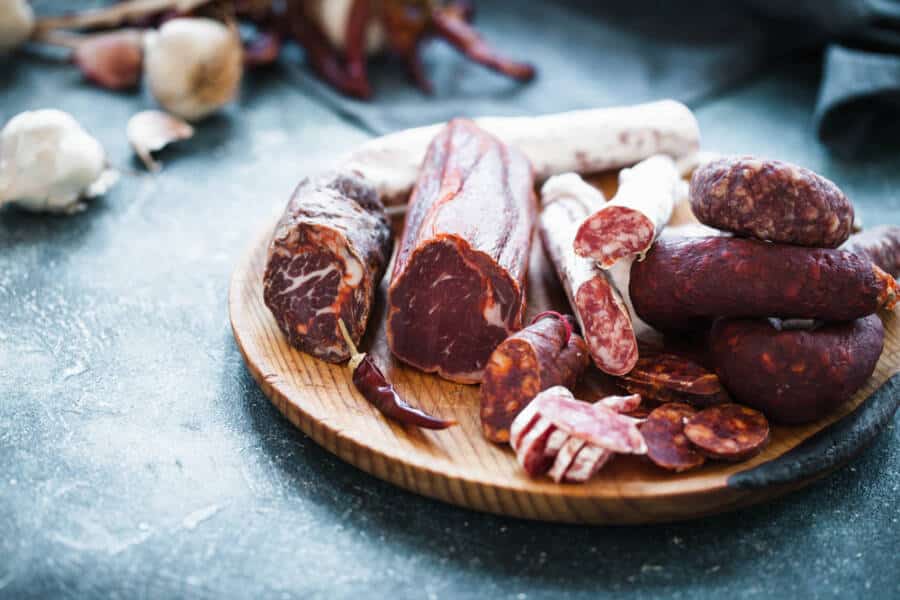
Foods you should NEVER eat after 50: Cured meats
Even though they might be high in satiating protein, cured meats aren’t doing any favors for your overall health. Meats like sausage, hot dogs, and bacon are high in sodium, saturated fat, and cancer-causing ingredients like nitrates.
Plus, these meats offer little to no nutritional value. Considering that approximately 45% of US adults have hypertension, which is a condition worsened by high-fat and high-sodium diets, it’s best to steer clear and keep these foods away from your fridge.
Food you should NEVER eat after 50: Alcohol
This isn’t a food per se, but it IS something you consume. Once you reach the age of 50, the long days of triple-margarita Mexican dinners should be put behind you. Why? Our alcohol metabolism changes as we age, and we become more sensitive to its negative aspects.
Alcohol can interact poorly with the medications we take, affect fall risk, and lead to an increased risk of dehydration.
It also contributes to many health issues, including liver disease, kidney disease, heart disease, our immune system function, and neurological diseases such as dementia.
A recent study at the University of Pennsylvania found that even moderate levels of alcohol consumption, like a few beers or a glass of wine per week, are related to harm to the brain, no matter your age. And if you think alcohol helps you get better sleep, think again.
While it might make it easier for you to fall asleep, it doesn’t help us stay snoozing. Often, it wakes us up in the middle of the night for frequent bathroom visits.
The bottom line on alcohol? Government guidelines recommend no more than two drinks daily for males and no more than one for females.
Food you should NEVER eat after 50: Deli meat
Even though some deli meats are praised as low in calories, including roast turkey, that doesn’t mean these types of meats are considered healthy. Deli meats are highly processed and have a lot of preservatives and sodium, says a registered dietitian at AlgaeCal.
Those with, or at risk for, high blood pressure should steer clear of extra sodium in their diet. Excess sodium can cause fluid retention, increasing blood volume while increasing blood pressure.
Preservatives in deli meats have even been connected to increased colorectal cancer risk. If you absolutely MUST eat deli meat, be sure to check the product label and go for deli meats that are free from nitrates and lower in sodium.

Food you should NEVER eat after 50: Low-fat foods
The reality is that low-fat foods often compensate by adding more sugar. A scientific study confirmed that low-fat foods usually had more sugar than their standard counterparts.
If you were to look carefully at low-fat alternatives to cereal, yogurts, ice cream, and other foods marked as low-fat, you’d likely notice that they’re chock-full of sugar. This isn’t a blanket rule. In fact, some low-fat foods are acceptable.
Just be sure to check the packaging to see if the manufacturer balanced the lack of fat by loading them up with sugar.
We also found out that the term “low-fat” is a marketing term, and while it SHOULD mean low-fat content, it doesn’t give away much about the overall nutritional profile of the item.
So reading the nutritional information printed on foods and drinks is vital to finding out what is and isn’t healthy for you.
Food you should NEVER eat after 50: Processed desserts
If you want to improve your health after turning 50, we recommend rethinking those high-sugar desserts that have become part of your daily or weekly routine. Candy, cookies and any other baked goods are high in added sugars.
Processed desserts are on our list of things you should NEVER eat after 50 because they can contribute to inflammation, which increases the risk for major health conditions like cardiovascular disease, diabetes, and cancer. They can also contribute to weight gain.
Food you should NEVER eat after 50: Soda
With high sugar and little to no added nutritional value, cutting soda out of your diet is a no-brainer if you’re keen on improving your health. And adults over 50 tend to have smaller appetites.
So, focusing on nutrient-dense foods is essential rather than wasting their appetites on empty calories. Not only is soda a source of empty calories, but it can also cause or worsen chronic conditions that become more predominant with age.
This includes illnesses like heart disease, type 2 diabetes, and dementia, according to doctors. Dark sodas are even more of an issue because the phosphoric acid in them causes calcium to be forfeited from bones, increasing the risk of osteoporosis and common fractures.
Food you should NEVER eat after 50: Foods loaded with salt
The sad truth is that 75% of people over the age of 60 suffer from high blood pressure. And even if you’re on medication, doctors recommend you lower your sodium intake.
If you think you’re on a low-salt diet because you don’t put salt in your casserole, think about that canned soup or frozen pizza you just heated up. These things are loaded with salt, as well.
The most extensive randomized clinical trial ever to look at the consequences of reducing salt intake, published in The Lancet, discovered that reducing sodium improved symptoms in those suffering from fatigue, swelling, and coughing.
They also showed an overall better quality of life. 75% of the salt in our daily diets comes from processed foods, and not your salt shaker that’s in the pantry. So what can you do about it?
An easy way to find low-sodium foods is to look for the ones in which sodium is 5% or less of the daily value. Anything in the 20% range is high-sodium. The bottom line on salt? Try not to consume more than 1,500 to 2,300 milligrams of sodium per day.
Do you suffer from high blood pressure? Besides reading this list of things to NEVER eat after 50 and getting regular check ups, we highly recommend having a Blood Pressure Monitor in your home!
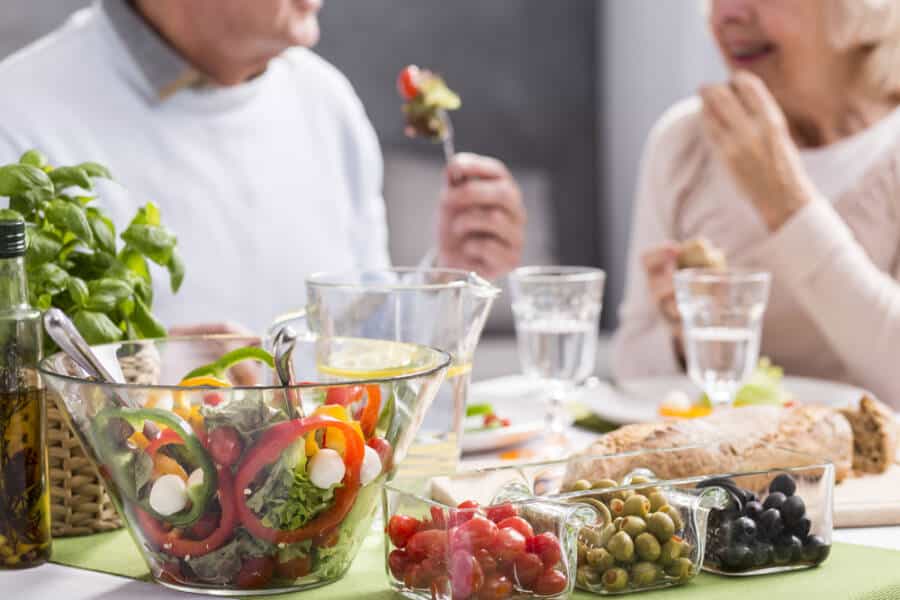
Takeaway regarding foods you should NEVER eat after 50:
There aren’t too many “SPECIFIC” foods you should never eat after 50. But cutting down on major harmful food groups throughout your life is vital for optimal health as we age.
Our bodies become less able to tackle excess salt, high caloric load, and other harmful additives the older we are. Alcohol becomes less tolerated by our bodies, and sugary or highly processed foods become increasingly more dangerous to our health.
Maintaining a healthier diet is one of the only things we can do to influence our health in our golden years. Of course, there’s no age cut-off for improving our diet and cutting out certain foods.
But that being said, our maturing bodies do demand strict care and attention. One thing is for sure: there is always time to make favorable changes to your diet!
We hope you found this article on what you should NEVER eat after 50 helpful. Let us know what you think in the comments section below. And in the meantime, we highly recommend you also read: 10 Simple Foods That Make Your Flu Symptoms Worse


